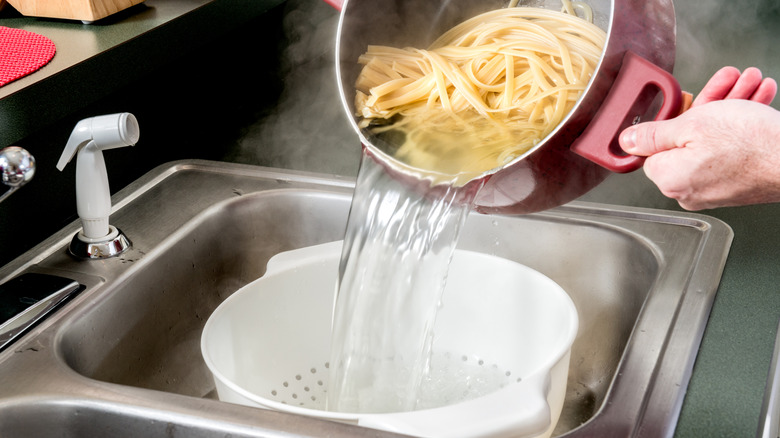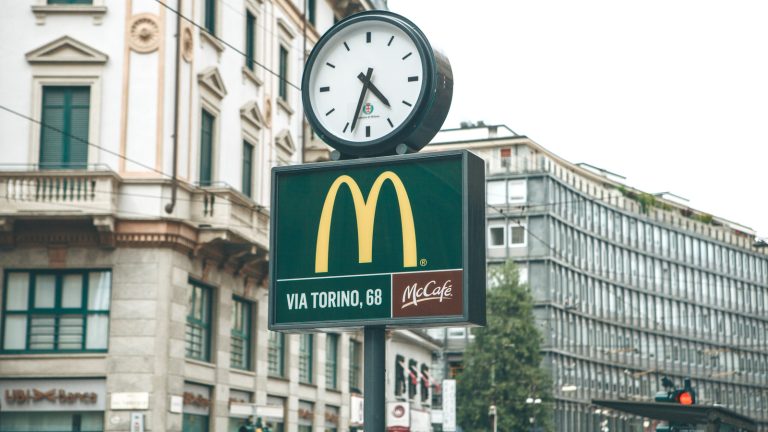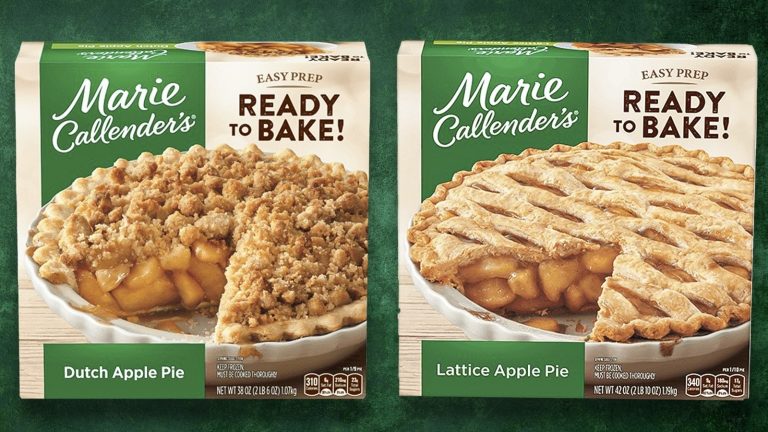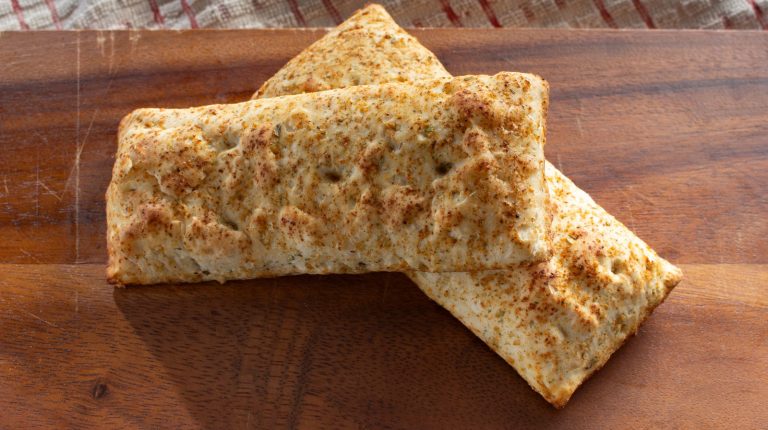We may receive a commission on purchases made from links.
Pasta water, the water you cooked noodles in, has a variety of uses. While often used to thicken and emulsify pasta sauce, there are other reasons why you should always keep pasta water in your fridge. In fact, this starchy, cloudy water is perfect for making the tastiest, crispiest pizza crust imaginable.
To save pasta water for your pizza dough, the next time you cook pasta, use tongs to remove the noodles and allow the water to cool in the pot on the stove. Alternatively, place a colander on top of an empty pot to catch the water when you strain the pasta. If you don’t plan to immediately use the pasta water, store it in the refrigerator or freezer for future use in your pizza dough recipe. It will stay fresh in a sealed container in the fridge for about two to three days. Keep it in the freezer for around six months by pouring the water into an ice cube tray, which is a great way to separate the starchy water into ready-to-use portions for your next pizza dough or pasta sauce. Leftover pasta water can even be used to take your soup to the next level.
When you’re ready to make your upgraded pizza dough, simply swap the regular water the recipe calls for with pasta water. You can use the same amount, but because pasta water is fairly salty, you may want to leave out the salt or decrease the amount called for in the recipe.
Why pasta water improves your pizza dough
Many people tout the use of pasta water in cooking and baking. So, what makes it so covetable? The primary reason is due to the high starch content that is left behind in the water after cooking pasta. In addition to acting as a thickening and binding agent for sauce, starch plays an important role in baking by creating texture and structure for baked goods. It’s for this reason that pasta water can be used to make even better bread.
The basic ingredients used in pizza dough are flour, yeast, water, and salt. Wheat flour consists of about 70% to 75% starch, 8% to 11% protein or gluten, and 14% water. The starch releases sugars which feed the yeast during fermentation, helping the dough rise. Adding more starch in the form of starchy pasta water will help with the rising process. Moreover, starch interacts with gluten, absorbing moisture and providing structure to the dough which results in a crispy pizza crust.
For the ultimate crispy crust, along with the pasta water, consider baking your pizza on a pizza stone like the Culinary Couture Pizza Stone or the Hans Grill Pizza Stone. The porous material effectively absorbs and transfers heat to the crust, providing consistently crunchy pizza every time.






